Greenwashing: how do you recognize and prevent it?

What is green washing?
Greenwashing as a new beauty trend
How do you recognize greenwashing?
Natural cosmetics labels
- using a minimum percentage of natural ingredients
- careful choice of the processed vegetable raw materials
- ecological compatibility of every product
- environmentally and resource-saving production processes
- biodegradability of raw materials

INCI
Also the INCI list can tell you more about the exact ingredients of cosmetic products.
Good to know:
- The ingredients are always in descending order, depending on the content quantity
- Aque means water
- A Latin term is often a natural plant extract. There are a few exceptions such as petrolatum (petroleum jelly) and paraffinum liquidum (mineral oil)
- The prefix sil- and suffix -an refer to silicone
- There are different kinds parabens
- CI followed by a number, refers to a coloring (natural or chemical)
- Substances that can trigger allergic reactions are at the end of the list (e.g. linalool, limonene…)
- The most common sulfates are referred to as SLS or SLES
Read more about how to read an INCI list here.
On every product page of ours assortment we have translated all ingredients in an understandable way.
Which beauty products are really natural?
Learn about the background of the company and the ingredients list of the products. In addition to the tips in this article, also use common sense. Unfortunately, cheap is often expensive in sustainable cosmetics.
Natural and organic cosmetics do not necessarily mean that they cannot provoke allergies or skin irritation. And when organic ingredients have a negative impact on the environment during extraction, this cannot really be called 'green'. Or if an organic shampoo consists mainly of water and comes in a plastic bottle (a natural shampoo bar is always the greenest choice).
At Flow, we therefore look at the safety and efficacy of our products in addition to honesty. As you read, we are committed to sustainable cosmetics. We are happy to tell you more about our greenbeauty shop, in case you want to know more.
Our only important warning is that once you start using our products, you will probably never want to do anything else :) Quickly discover our range of sustainable, effective and fair cosmetics. Of the best acne products to natural remedies pigmentation spots.

Flow Cosmetics
Always Natural. Always Effective. Always Honest -
Just the way your beauty routine should be
View our products

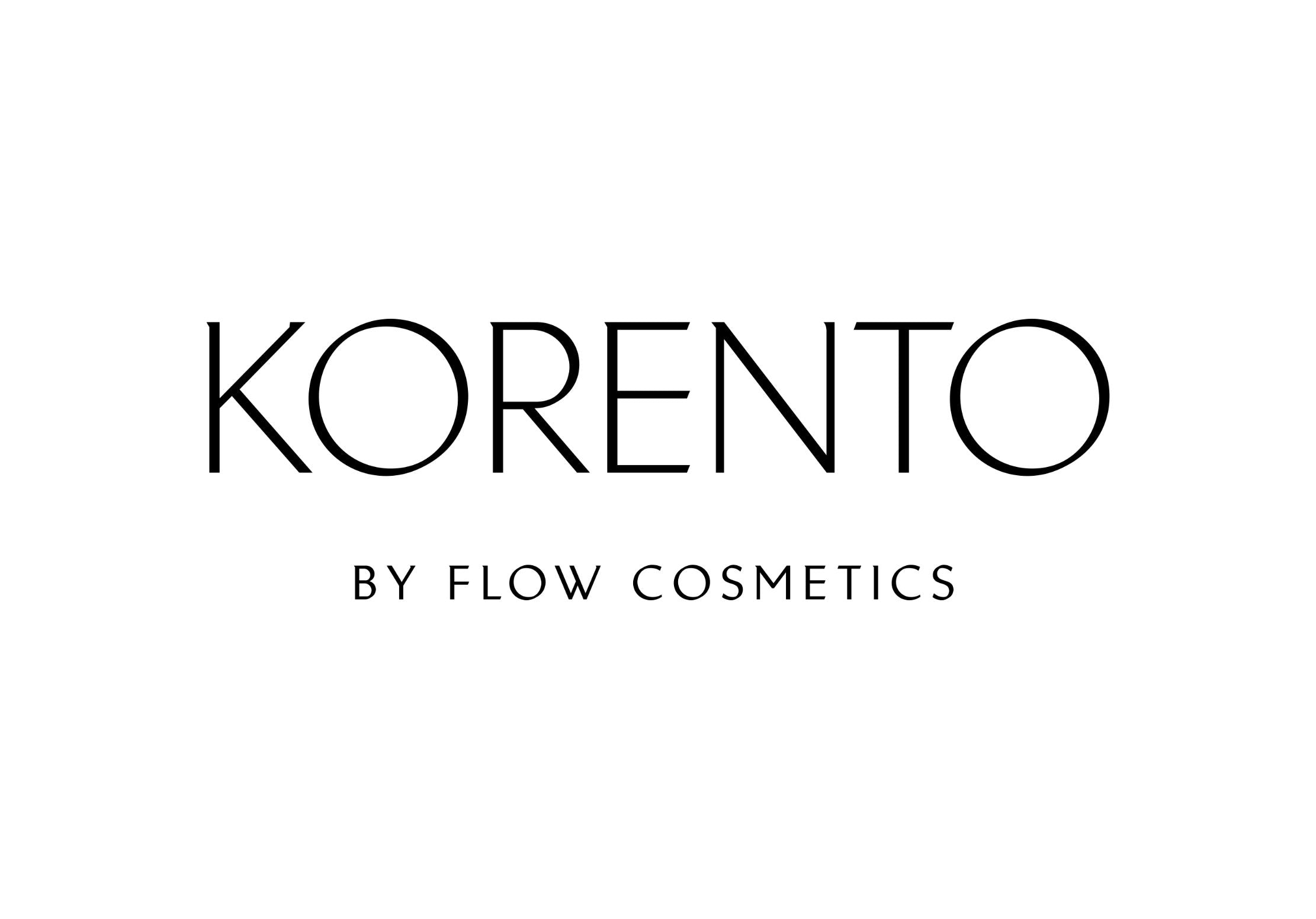
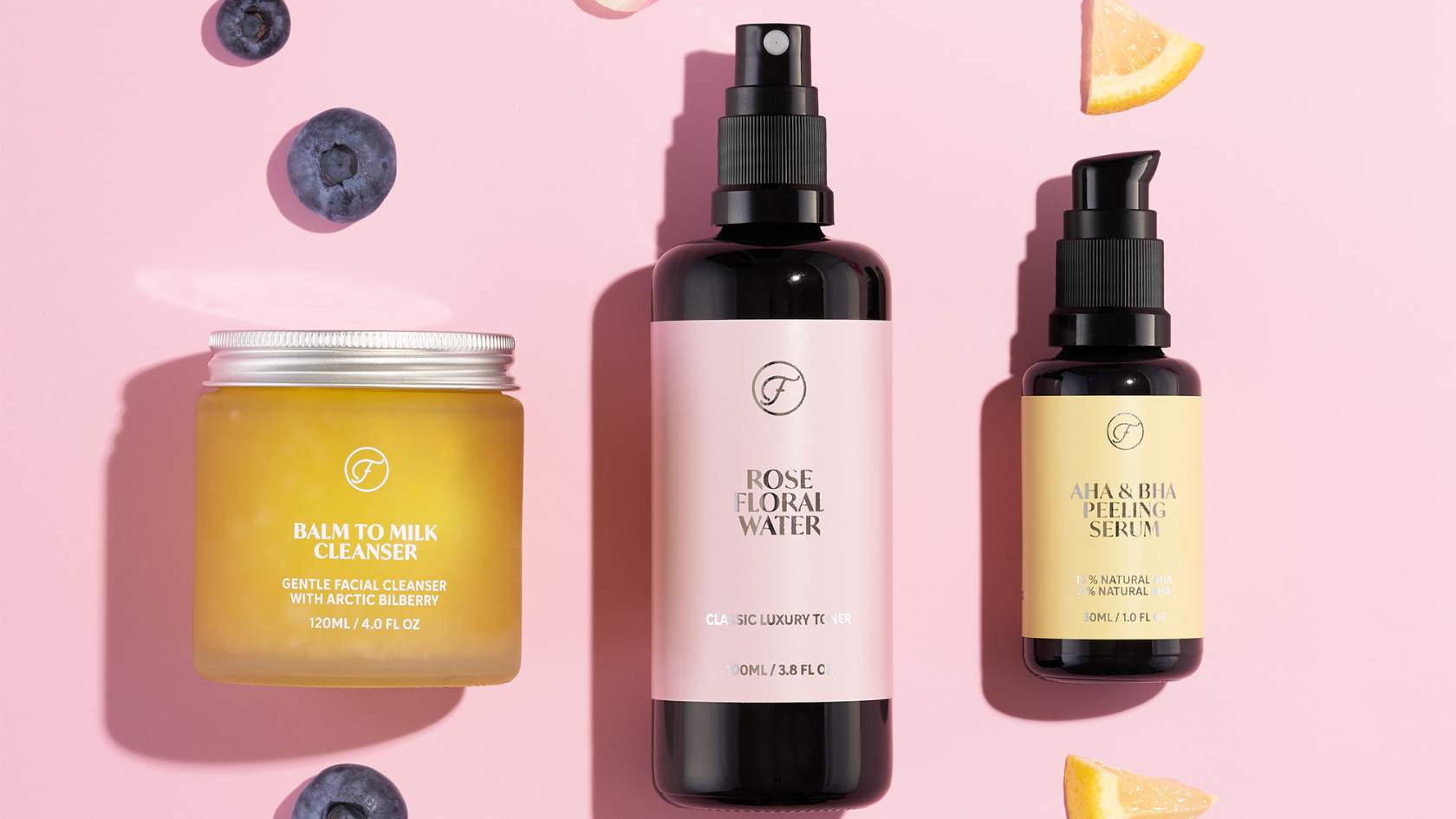
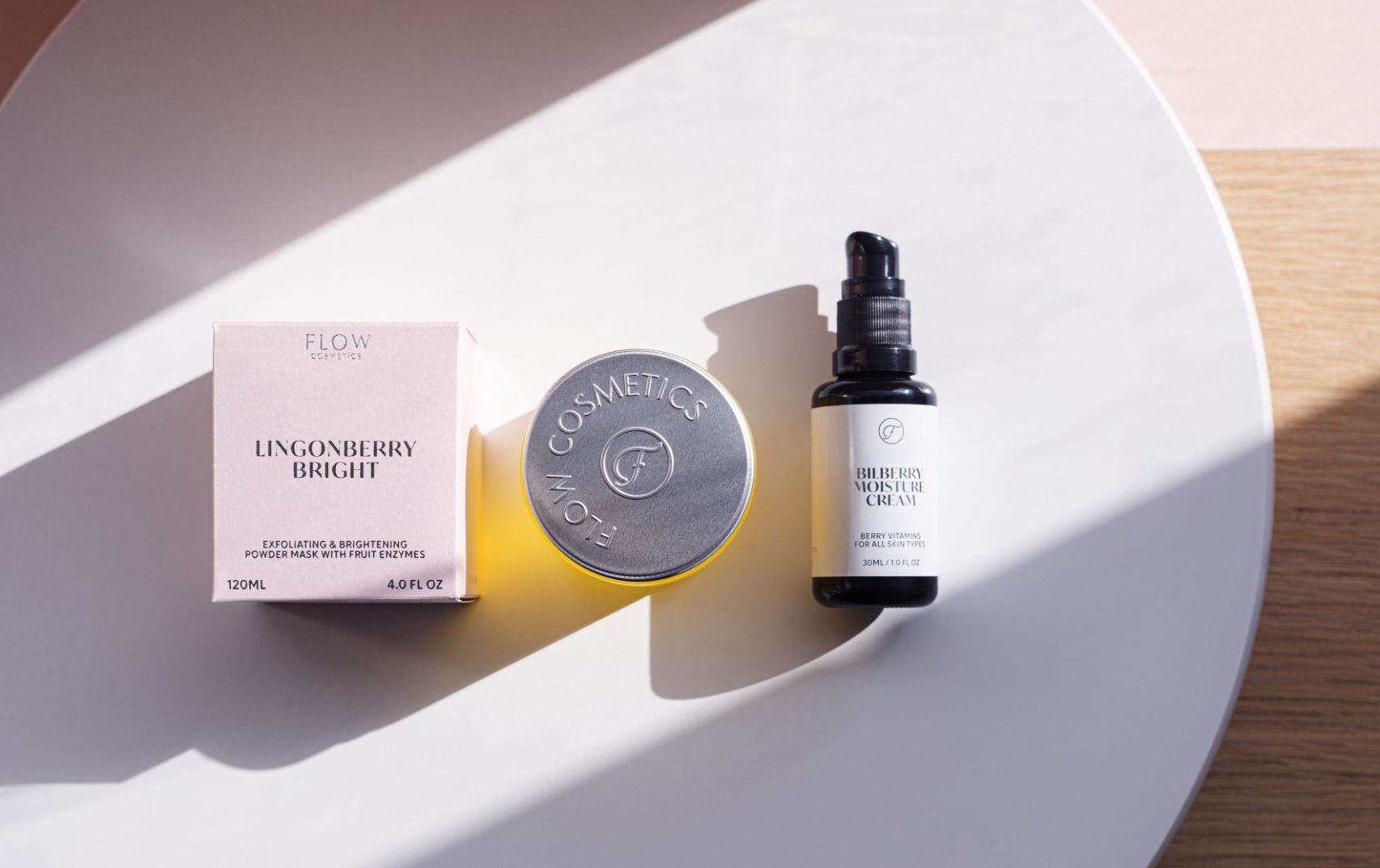

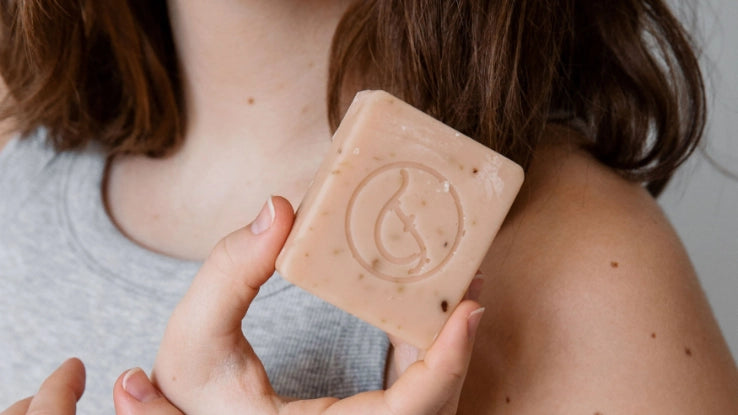


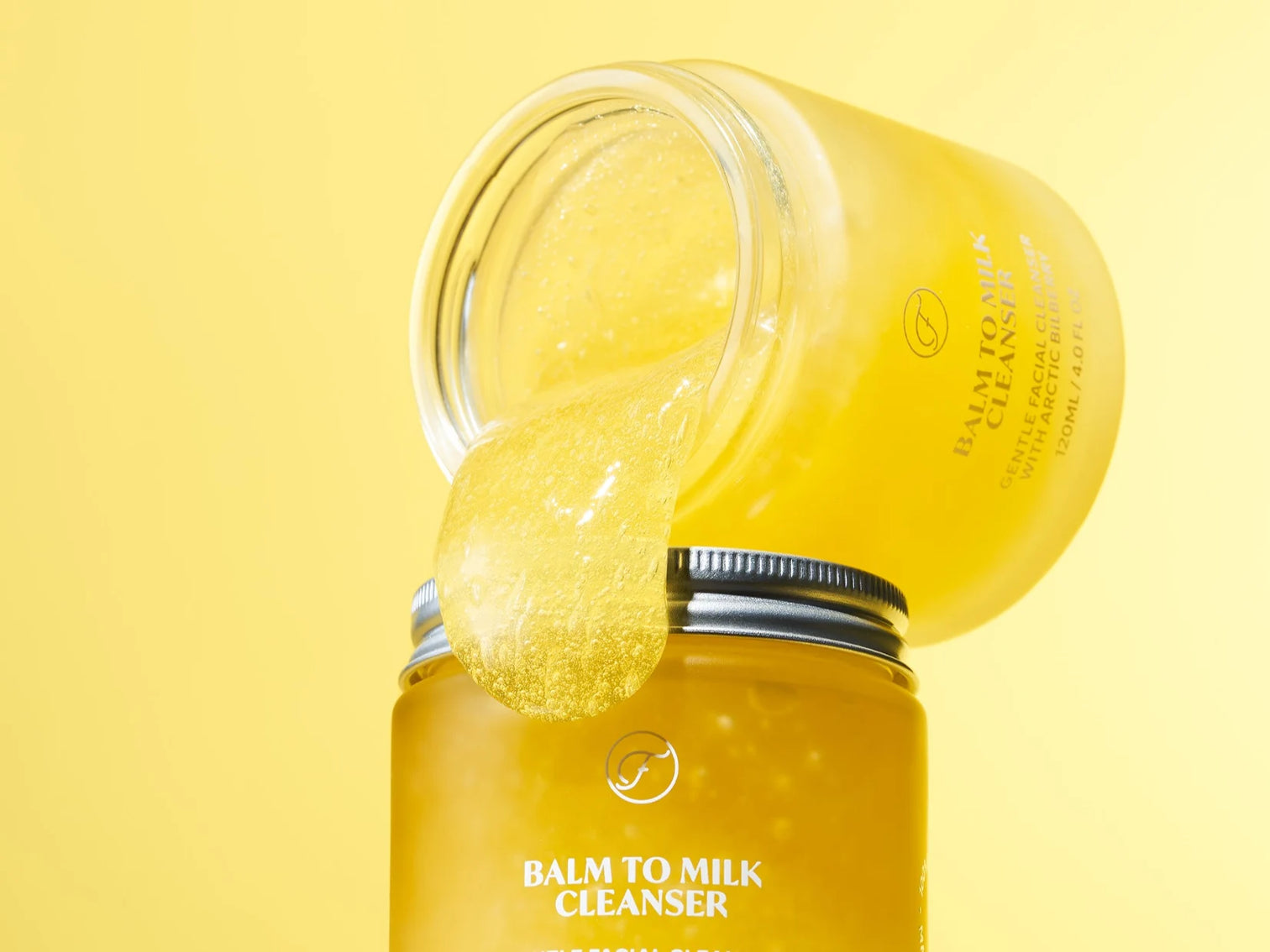

Leave a comment